- Teacher: Admin User
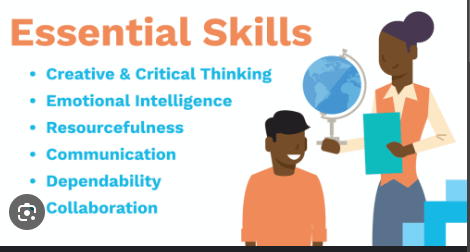
- Teacher: Admin User
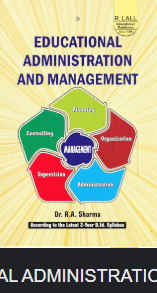
COURSE OVERVIEW
Welcome to the Unit Apply Education Administration
This unit covers the knowledge and skills needed to Apply Education Administration. It provides an in depth exploration of practical aspects of education administration. It is designed to equip students with the knowledge,skills and attitude necessary to succeed as education administrators and leaders in today's dynamic and complex education world.This unit will equip the students with appropriate knowledge, skills and attitude that are necessary for effective leadership and decision making crucial to education institution. The unit has four modules which includes: managing institution leadership, managing human capital, managing curriculum and instruction and managing institutional resources and assets.
During the training you will be expected to carry out learning activities as outlined to help you develop an understanding of what Education Administration is.
- Teacher: Admin User
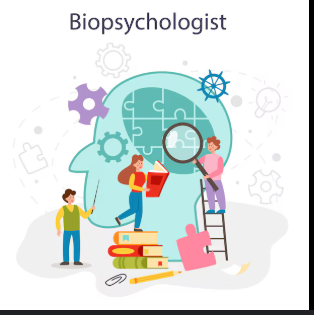
COURSE OVERVIEW
Welcome to Educational Psychology in TVET Course
Potential technical trainers need to gain understanding of their trainees' behavior. Educational Psychology is geared towards understanding, describing, predicting and influencing trainee behavior. By engaging with this course, you will gain an understanding of trainee behavior, and this will help ensure that your course delivery methods, training sessions, and trainee participation and engagement allow you to have the trainees achieve the required knowledge, competencies, and attitudes regardless of their unique individual needs and abilities. This course consists of six modules, namely: Concepts of Educational Psychology, Human Growth and Development, Intelligence and Learning, Discipline and Learning Space Management, Concept of Personality Development and Motivation in Training.
- Teacher: Admin User
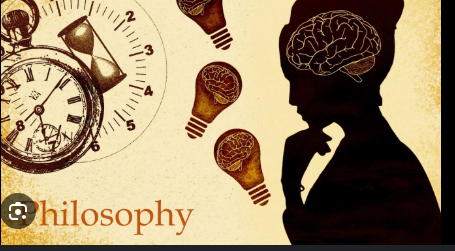
This unit specifies the competencies required to apply understanding of philosophy of education. It involves demonstrating understanding of branches of philosophy, functions of philosophy and examining the concept of education. It also entails exploring dimensions of education
Summary of learning outcomes
1. Apply understanding of branches and functions of philosophy
2. Examine the concept of education
3. Explore dimensions of education: cognitive, normative, creative and dialogical
- Teacher: Admin User
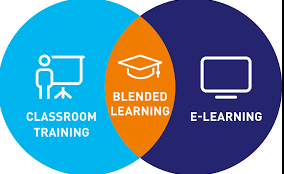
Flexible and blended learning" refers to an educational approach that combines traditional classroom instruction with online learning components, allowing students to access materials and complete activities at their own pace and often on their own schedule, providing significant flexibility in how and when they learn, while still maintaining some face-to-face interaction with a teacher.
- Teacher: Admin User